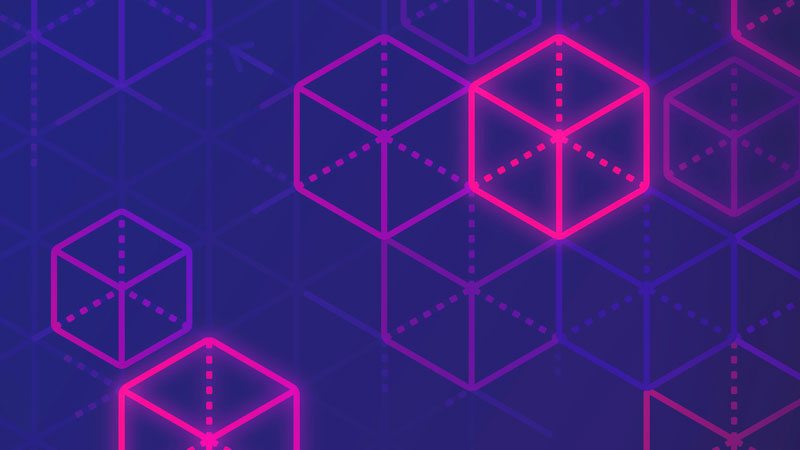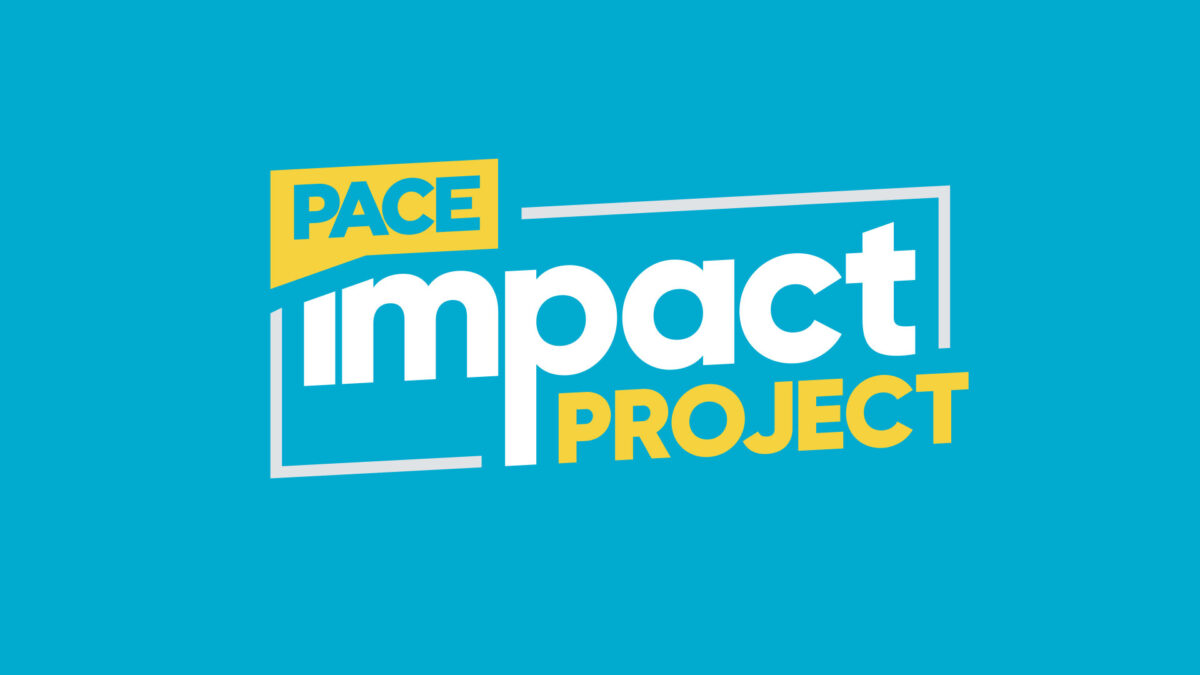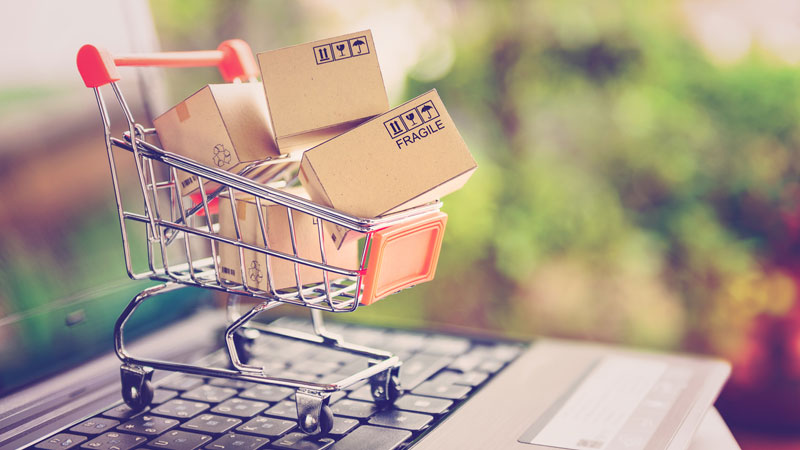WHAT IS BLOCKCHAIN? AND WHY, SUDDENLY, IS EVERYONE TALKING ABOUT IT?
Is it something you buy from a jeweler? Your new favorite SoundCloud rapper? Or one of the most important trends in internet technology since social media?
If you guessed the last one, you’d be correct. (If you guessed one of the others, keep reading.)
Put simply, blockchain* is a data structure that keeps digital transaction records — called blocks — which are linked and secured using cryptography.
The data is shared simultaneously across thousands or millions of computers, with no central data storage, making the system difficult to corrupt.
Developed as the bookkeeping infrastructure for Bitcoin (which is a whole ’nother blog post), blockchain is expected to have uses far beyond secure banking and payment processing.
Some call it a “big spreadsheet in the sky” or “the cloud for record keeping.”
Not only does blockchain technology allow information to be stored and distributed, but it also makes it more difficult for data to be copied or manipulated.
SO WHAT DOES THIS MEAN FOR THE LAYMAN/MARKETER?
The frenzy over blockchain isn’t just in the finance and cryptocurrency sectors. It’s over blockchain’s ability to disrupt and problem-solve in other arenas.
Have you ever wanted more secure verification records of purchases from vendors? Blockchain can help. Think of it like a digital ledger for all our online transactions.
Have you ever seen a meme on Facebook that’s been altered or copied until the final result is grainy and nearly illegible? Blockchain could protect the original files.
Or do you remember Napster? How corrupted and poor quality (not to mention illegal) your MP3 files became after having schlepped across the internet? Again, blockchain.
The possible applications are endless — from compiling data on sales, storing rights data by authenticating copyright registration, and tracking digital use and payments to content creators, such as wireless users or musicians. And probably some other stuff you might even use every day.



